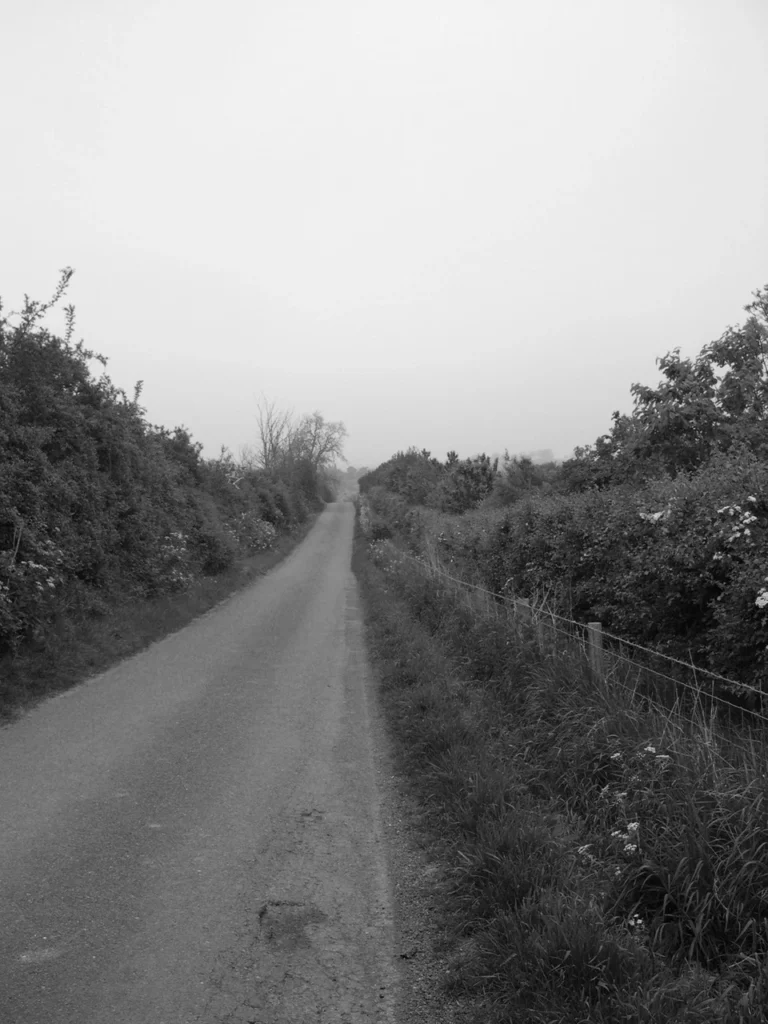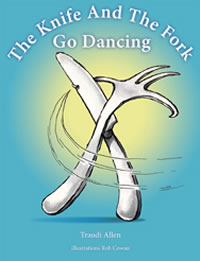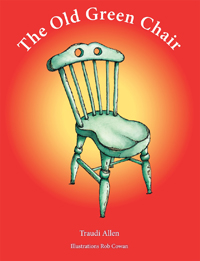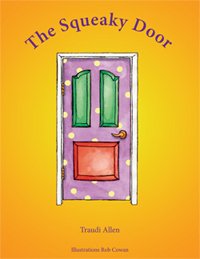Writer and art historian
Fiction
‘As much as I have been engrossed in writing about others: their world-views, and the creative ways they have depicted them, I have my own preoccupations, experiences and musings: all pressing forcefully to be heard.’
A genuine writer writes, sourcing stories from everywhere. In my opinion there is no such thing as writers’ block. If the stories don’t come, there is nothing to say.
It is the market that demands writers confine or contort themselves to its precept that they can only play one instrument, but among the many well-known examples of writers working to a formula with a clearly defined market in mind, there are also those who give in to the old-fashioned idea of the muse who dictates the subject, shape and sound of the narrative—and in this way, the work assumes its appropriate language and audience.
Novels
A non-chronological, narrative non-fiction account from 1926-2006, in the voices of three friends who become intimately involved. We follow, as life takes them from Austria, Italy, England and South Africa to Australia. On their way, they reveal many generally unknowns of the war years, presenting a history that challenges the mythical and stereotypical in which this period has become steeped.
For a second novel, in a very different tone, Australian right-wing dogmatism meets eco-politics and satire.
Unpublished – contact for more information

Children's Books
When I wrote my children’s series, with a text written to be read to two and three year olds, it was fashionable to say we shouldn’t preach to kids. It seems to me, parents cannot but guide, or at least model, so why not make it imaginative? I wanted my stories to be about ordinary things that everyone has, so there was no need to go out and spend money. At the same time, it avoided the tendency to surround kids with plastic that ends up in the tip.
Everyone’s favourite was the story about the knife and fork that was intended to engage tiny children in the competent use of cutlery, but with a much deeper, metaphorical meaning about getting along together: the idea that it is more satisfying to get on than endure the destructive and ultimate, pointlessness of conflict.
With the old green chair, I wanted to show that there are often unforeseen solutions available to seemingly unsurmountable problems, if one looks at them a different way. The squeaky door was intended to make the point that a simple change of perspective can make you feel much better about even the worst situations, especially when you maintain a sense of humour.



Poetry
I’ve written poetry from when I was a small child and produced ones with those awful, predictable rhymes. As an adult I’ve found poetry is something you can write when there isn’t the time for a novel or a history—but it really takes much, much longer than it looks: at least that’s how it is for me.
Winner: Fellowship of Australian Writers Hawthorn Poetry Prize 1987.